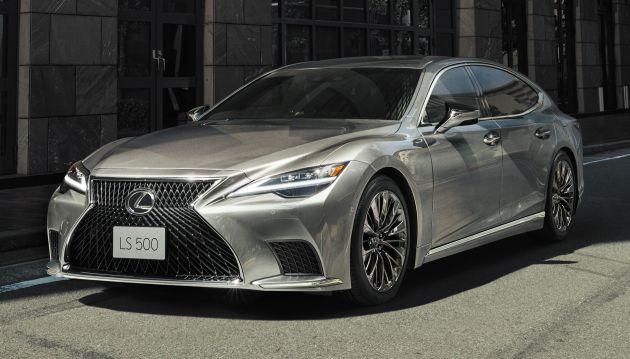J.D. Power has released its 2021 United States Vehicle Dependability Study, which measures the number of problems per 100 vehicles (PP100) experienced during the past 12 months by original owners of three-year-old vehicles. The 2021 VDS is based on responses from 33,251 original owners collected from July 2020 through November 2020.
Among the key findings of the 2021 VDS is an industry average of 121 PP100, which is not only an improvement from 134 PP100 in 2020, but also the lowest in the study’s history. J.D. Power also noted that this is a much greater rate of improvement than in the past two years, which saw improvements of 2 PP100 and 6 PP100, respectively.
Once again, Lexus ranked highest in overall vehicle dependability, scoring 81 PP100 to mark the ninth time in 10 years that it has remained at the top. Porsche came in second with 86 PP100, while Kia impressed with a reduction of 35 PP100 from 2020 to secure the third spot with 97 PP100.
The Korean carmaker’s result also meant it’s the first time it led mass market brands in the country, with Toyota being just behind it in fourth place with 98 PP100. Other brands that were ahead of the industry average include Buick, Cadillac, Hyundai, Genesis, Lincoln, Acura, BMW, Chevrolet, Mitsubishi and Mazda.
An interesting to note is that both Korean and Japanese brands performed well, with an average of 115 PP100 compared to domestic US brands (126 PP100) and European brands (131 PP100). This gap is due in part to Korean brands Kia, Hyundai and Genesis which, when combined, average just 99 PP100 and represent a 19-point gap compared to Japanese brands (collectively averaging 118 PP100).
When it comes to the vehicles themselves, cars continue to be the most dependable, averaging 111 PP100, while trucks and SUVs averaged 130 PP100 and 122 PP100, respectively. The most dependable model reported by J.D. Power was the Porsche 911, the second time in three years the sports car has been named as such.
The study, now in its 32nd year, covers 177 specific problems that are grouped into eight major vehicle categories, including audio/communication/entertainment/navigation (ACEN); engine/transmission; exterior; interior; features/controls/displays (FCD); driving experience; heating, ventilation and air conditioning (HVAC); and seats.
A score is then assigned based on responses from owners, with a lower score reflecting higher dependability and vice versa. According to the company, the 2018 model year vehicles measured in this year’s study were first examined in the 2018 US Initial Quality Study (IQS), which itself saw an improvement from 2017. All problem categories have improved in 2021 VDS, led by exterior (by 3.7 PP100) and driving experience (2.2 PP100).
“Today’s three-year-old vehicles are of higher quality and more dependable than in previous years. Most owners aren’t experiencing their vehicles breaking down or falling apart but, for many, vehicle technology continues to function poorly or inconsistently,” said Dave Sargent, vice president of global automotive at J.D. Power.
“If an owner can’t rely on a system to work as they expect, it is also considered a lack of dependability. It affects their overall view of the vehicle and their likelihood of staying loyal to their automaker. In the future, dependability will partially be determined by the ability to solve problems through vehicle updates and the avoidance of technology obsolescence,” he added.
The post Lexus tops J.D. Power’s US Vehicle Dependability Study again – Porsche 911 most dependable model appeared first on Paul Tan's Automotive News.






0 Comments